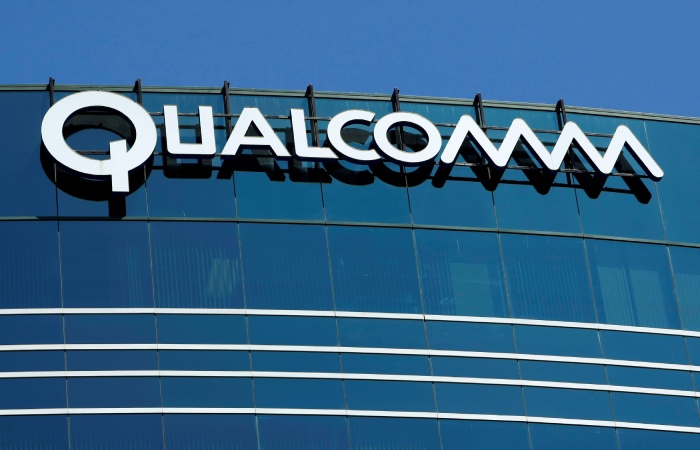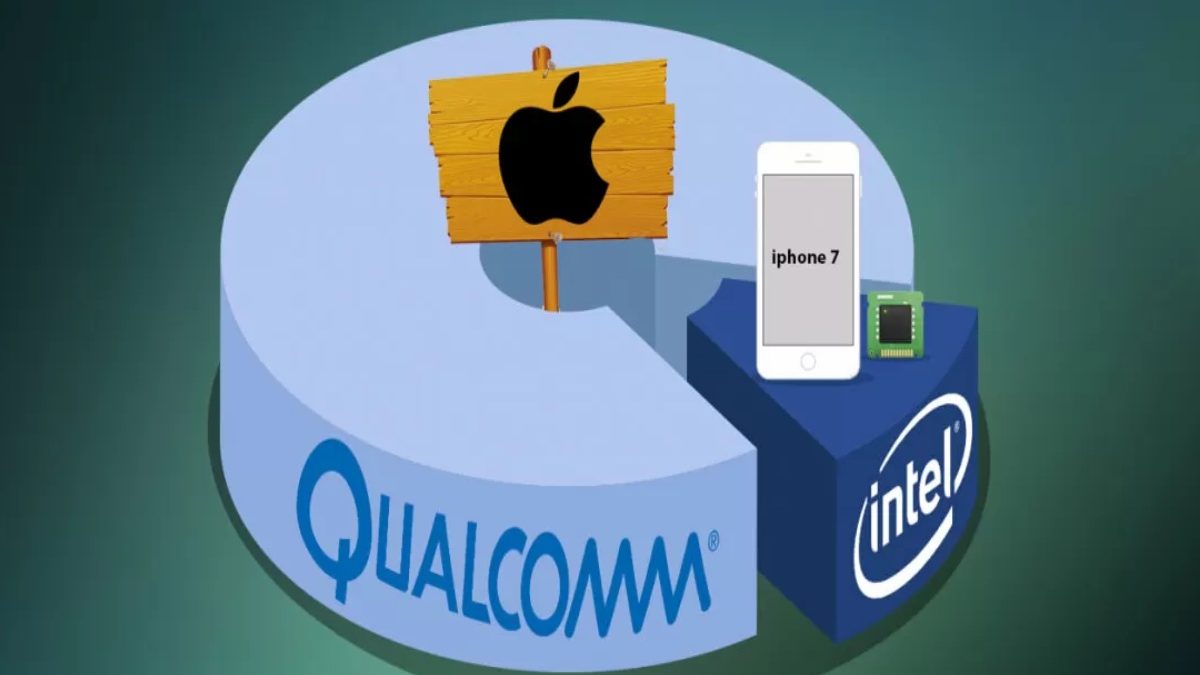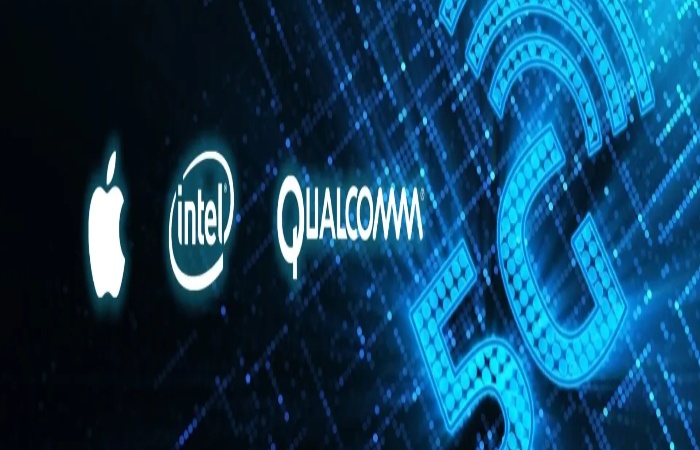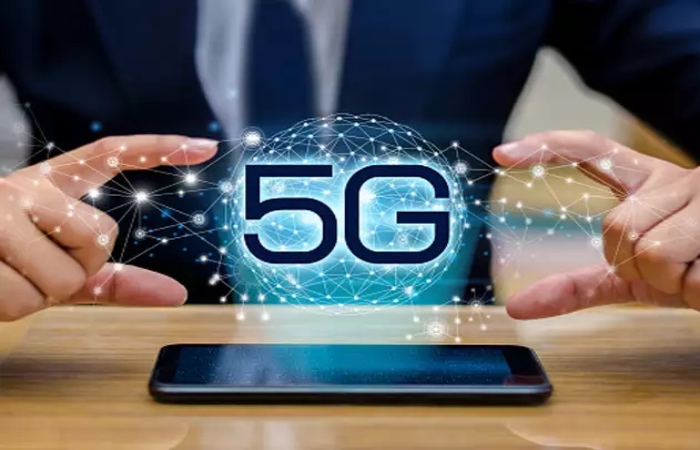Table of Contents
Look Apple Qualcomm Streetjournal – About Qualcomm
Look Apple Qualcomm Streetjournal is the Chip maker that will keep the iPhone business. A more extended condition of the supply of modem chips on a customer’s patent license status, customers in good faith under conditions free from the lack of access to or unfair facility of modem chip supply or technical support or access to the software.
Apple and Intel’s modem business started, ironically enough, with Intel’s acquisition. In 2011, Intel spent $1.4 billion to acquire Infineon’s mobile modem business and its intense Research & Development (R&D) team. While the group held several standard-essential patents (SEPs) in 2G, 3G, and even LTE, Intel was not able to monetize
How 5G drove moves by Apple, Qualcomm, and Intel
As you probably know, Apple settled its dispute with Qualcomm a short while ago. As part of the settlement, Apple is to have paid between $5-6B to Qualcomm. We all know why Apple settled, not because it thought it was wrong. Instead, the problem was that Intel (INTC) could not deliver 5G mobile modems by 2020 for these to introduce in the next generation of Apple iPhones.
As such, Apple had no other option than to settle with Qualcomm, as opposed to risk being left behind insofar as 5G is concerned. And while Apple is working on such a chip, it might take several more years of R&D before they come up with an alternative to Qualcomm. So, the question is, is this agreement now void? My guess is yes, and the money Apple gave might have to be refunded.
Kuo said that growth on the chip stalled, but the work is continuing. Apple launched a legal fight against Qualcomm in 2017, accusing Qualcomm of unfairly collecting royals for technologies it had nothing to do with. Apple wanted to change away from Qualcomm with the shift to 5G to stop disbursing Qualcomm’s fees and instead use Intel technology, but Intel could not manufacture 5G chips that met Apple’s standards.
Look Apple Qualcomm Streetjournal of Longer Life with Apple
Apple was compulsory to settle its lawsuit with Qualcomm and has since used Qualcomm 5G modem chips for the iPhone and iPad line-ups. Apple has been working on its modem chip since then and even purchased Intel’s modem chip business to get a head start.
Initial rumors located 2023 as the year Apple would be ready to transition, but it looks like it will take a bit longer for Apple to end its modem deals with Qualcomm. Qualcomm, in November 2021, said it expected to supply 20 percent of Apple’s modem chips in 2023. Signaling a potential shift to Apple’s. Apple has been working on cutting down on its reliance on Qualcomm by developing its modem technology in-house, but it does not appear that Apple’s chips will be ready for a 2023 launch.
German’s report echoes information we previously heard from Apple analyst Ming-Chi Kuo. Kuo said in June 2022 that Apple’s work on a 5G modem chip “failed” and that Qualcomm would remain Apple’s modem supplier for the 2023 iPhone line-up.
Look Apple Qualcomm Streetjournal Net zero
Qualcomm connected the phone to the net and started the mobile uprising. Now you can scroll done photos or book tickets to Machu Picchu from anywhere. That’s what Qualcomm does. But, first, they invent stuff, creating the world on top of their advances.”
Qualcomm is perhaps most generally known for cellular connectivity, but it involves many other areas of creation, including artificial intelligence. Its cellular modems, which attach your smartphone to cellular towers and systems, are generally used. The San Diego Union-Tribune reporter Mike Freeman. Who has long covered Qualcomm for our business, explained how Qualcomm’s signature component works in a November podcast:
“Think of it as an FM/AM dial. Qualcomm’s chip — when signals are coming from the cellular tower to the smartphone and vice versus — looks for the best AM/FM signal. The strongest one, and has a code that moves the signal around to different frequencies to get the signal to your phone fast with a high data rate. It essentially allows you to do internet surfing and stream video on your device.”

If you’ve used a smartphone, there’s a good chance you’ve used Qualcomm’s technology.
“They do the application processor, which is kind of like a CPU in a computer; they do the graphics processor, which renders images on the screen. The digital signal processor, which processes a lot of the signals coming in from the wireless network,” Freeman said.
One of Qualcomm’s following big targets is the 5th generation mobile network, or “5G.” Earlier in February, Qualcomm announced that it works with 18 global wireless transporters — including AT&T, Verizon, Sprint, and T-Mobile — on its new Snapdragon X50 chips for 5G trials.
If you’re using 4G now, you may be using 5G in 2019, thanks to Qualcomm. The company is also working on pursuits in driver assist/self-driving cars, healthcare, always-connected computers, and other aspects of daily living. California’s Department of Motor Vehicles issued. A permit in December for Qualcomm to start testing autonomous vehicles on public roads in California.
Qualcomm Apple Lawsuit
Qualcomm supplies modems for Apple’s devices. Before, Apple had accused Qualcomm of charging irrational fees for patent royalties and declining to sell. Chips to companies that refused to license the patents. Apple had an issue with Qualcomm’s licensing fees, which might be why. While some companies license their patents separately, Qualcomm licenses all of its patents together as a group.
Therefore, the device maker can utilize all of Qualcomm’s technology for a specified fee.
This licensing tactic isn’t uncommon for the mobile industry; many businesses, including Ericsson. Huawei, and Samsung, also charge licensing fees based on the entire device. In conclusion, any company that makes a device that attaches to a mobile network must pay Qualcomm a certifying fee, regardless of whether or not it uses Qualcomm’s chips.
conclusion
Apple’s acquisition is merely a way to move into the modem business. On the contrary, Apple still hasn’t started developing its smartphone modems, as Qualcomm’s patents are a significant barrier to entry. Moreover, Qualcomm is Apple’s primary modem provider. For example, for the iPhone 15, in 2023. Apple is leaning on Qualcomm to supply 100% of the 5G modems it needs.




